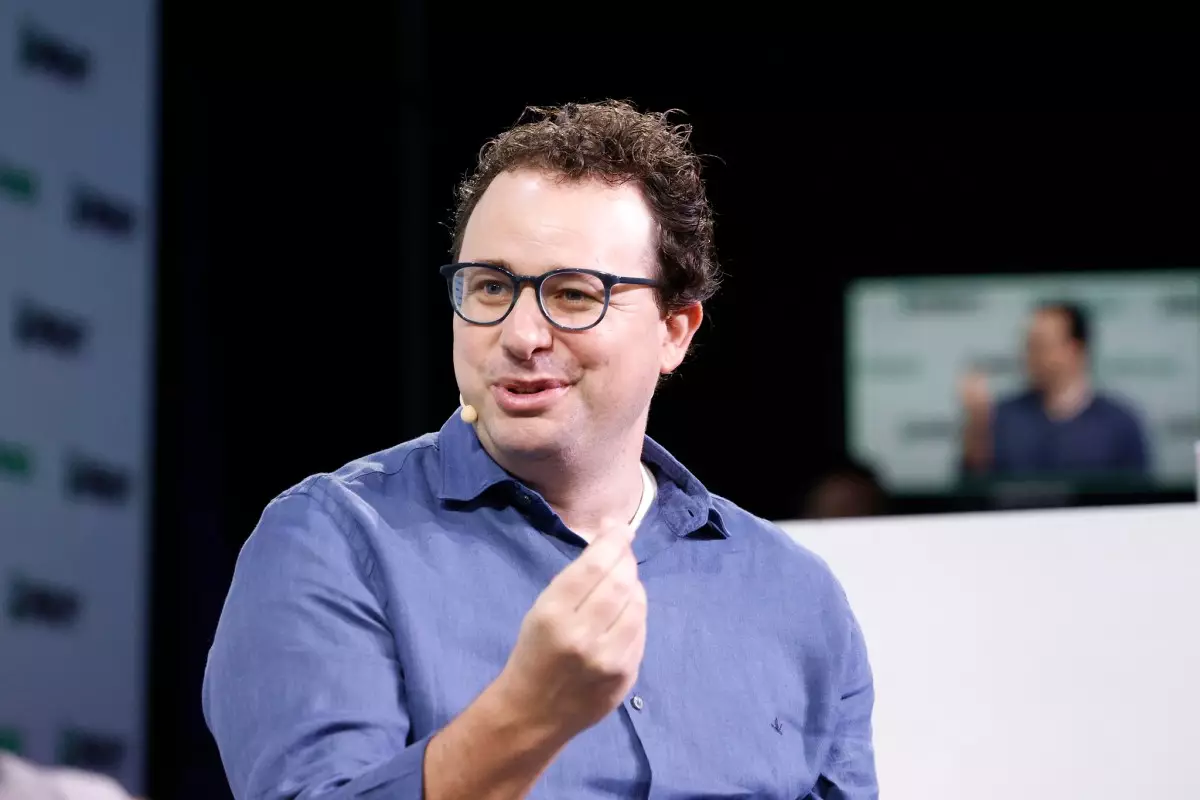The ongoing strife surrounding artificial intelligence and copyright law has taken an intriguing turn as Dario Amodei, the CEO of Anthropic, finds himself in a complicated legal situation. Recent court filings reveal an escalating legal battle initiated by the Authors Guild, which aims to compel testimony from Amodei and his co-founder, Benjamin Mann. This lawsuit represents a microcosm of the broader concerns over intellectual property rights in the rapidly evolving AI landscape.
The Authors Guild, fighting on behalf of notable authors such as John Grisham and George R.R. Martin, filed the lawsuit in September 2023 in a bid to address alleged copyright infringements. According to the guild’s claims, both Amodei and Mann, with their extensive backgrounds at OpenAI, hold “unique, firsthand knowledge” critical to the lawsuit. The necessity for such testimony highlights the ongoing tensions between creative professionals and the tech industry, particularly around how training data is sourced and utilized by AI models.
At the core of this dispute lies the question: to what extent can AI models, like ChatGPT, utilize text from copyrighted materials during training? The Authors Guild’s motion serves as a vivid reminder of the precarious balance between innovation and intellectual property rights. As AI technologies advance, they often tread into territory that raises significant ethical and legal questions. With the stakes high, the outcome of this case could fundamentally influence the landscape of AI development and deployment.
As the lawsuit unfolds, Amodei and Mann’s initial cooperation raised expectations for an orderly deposition process. They had agreed to participate in lengthy, formal depositions to provide insight into OpenAI’s practices. However, a turn of events, especially as deposition dates approached in late 2024, has heightened the tension. Both Amodei and Mann’s legal teams are now attempting to stall or limit their required testimonies, signaling a strategic retreat that may have broader implications.
Amodei’s claims of a demanding schedule, referred to as the “apex doctrine,” have prompted skepticism. This legal principle protects high-ranking officials from being unnecessarily burdened with depositions, but the fundamental question remains: Are these tactics merely legal maneuvering to avoid accountability? The optics of influential figures in tech attempting to evade scrutiny can undermine public trust and raise questions about transparency in the industry.
Similarly, Mann’s plea for limited participation, citing personal circumstances, adds another layer of complexity. While family obligations are undeniably valid, it feels increasingly like a facade for exerting pressure on the Authors Guild. His request to coalesce the deposition schedule with another high-profile lawsuit involving various authors further complicates the matter, suggesting a strategic move to maximize leverage rather than a sincere plea for understanding.
These developments are more than just legal wrangling; they reflect the acute challenges facing the intersection of technology, law, and ethics. As Anthropic and OpenAI navigate these tumultuous legal waters, the outcome of this battle is likely to set important precedents concerning the rights of creators amidst the technological revolution.
While OpenAI reportedly seeks to bolster its financial position with plans to raise around $40 billion, the mounting legal challenges may raise questions about its operational integrity. The responses (or lack thereof) from Amodei and Mann are telling as they reflect a company that, despite its public commitments, may be wary of the overarching implications of its practices.
As the Authors Guild’s lawsuit continues to gain traction, the spotlight will remain on Dario Amodei and Benjamin Mann. Legal outcomes will not only dictate their personal futures but also shape the regulatory landscape for AI. It is crucial for technology leaders to engage in open dialogues surrounding copyright concerns and ethical AI development—moving beyond evasive strategies. The tech industry is at a crossroads, and how these leaders respond to the accountability being demanded could define the future of AI’s interaction with creativity and content ownership.

